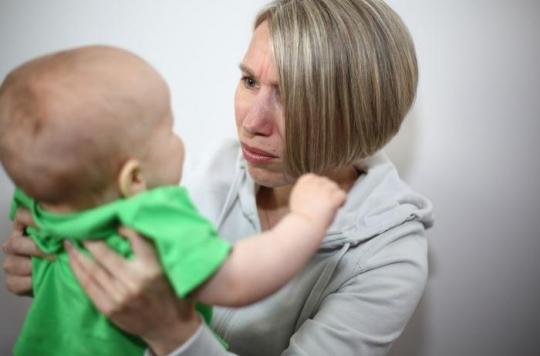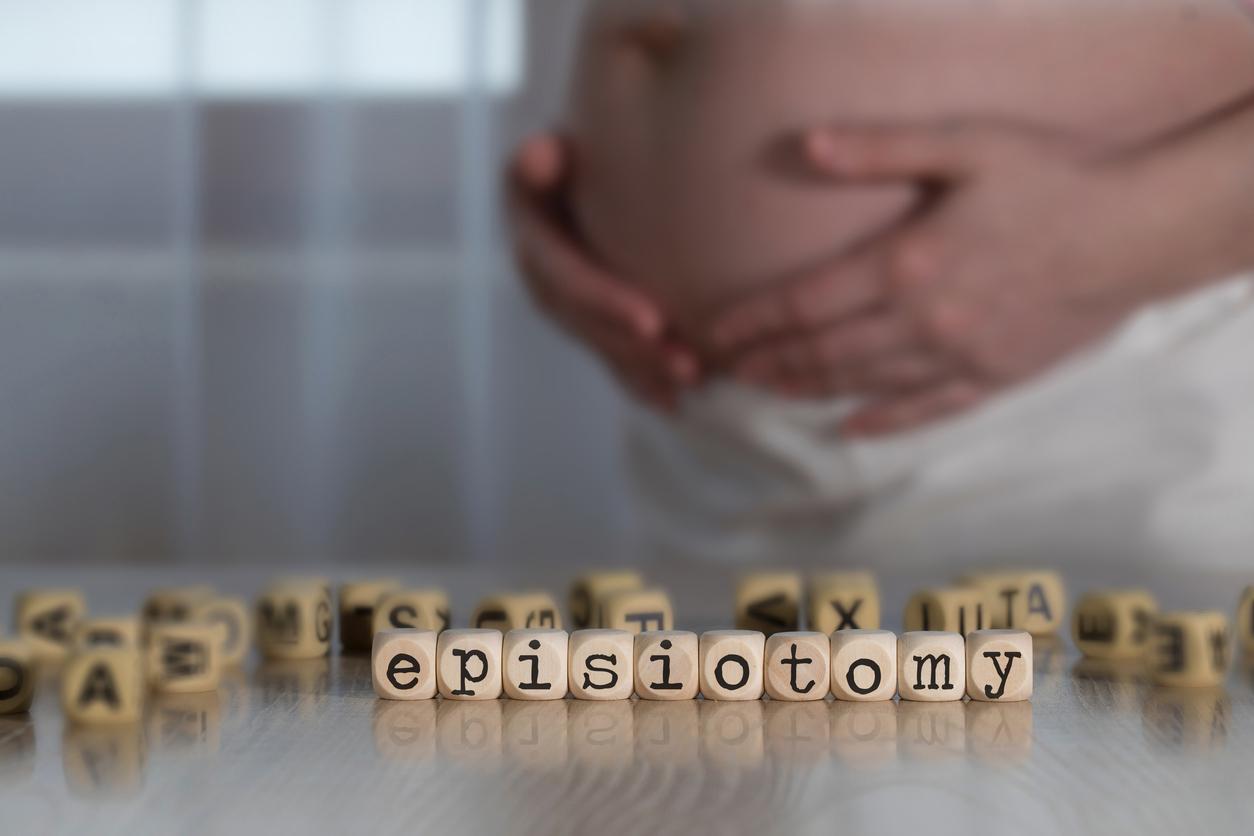Women giving birth to a boy are 71 to 79% more likely to suffer from postpartum depression than others. A conclusion drawn solely from the brain of the authors and certainly not from the study. Explanations.

Sadness, irritability, distancing from the child, loss of appetite… Unlike the baby blues, which is mainly due to a major hormonal upheaval and which occurs immediately after childbirth and disappears quickly afterwards, the postpartum depression can appear at any time after the birth of the child and last for several months.
About one in ten women suffer from it. And according to a British study published in October in the journal Social Science & Medicine, the risk would be accentuated in those who gave birth to a boy. A bold conclusion.
A startling conclusion
To arrive at this astonishing conclusion, Sarah Myers and Sarah Johns, researchers at the University of Kent, interviewed a biased sample of 296 women (not randomly drawn). In view of the answers obtained, they deduced that the risk of postpartum depression was 71 to 79% higher in women who had a boy than in those who had a girl…
According to them, this could be explained by the fact that the gestation of male fetuses is associated with risks of inflammation. However, according to the study, women who suffered from birth complications would be 174% more likely to suffer from postpartum depression.
Results to be taken with tweezers
“The discovery that having a baby boy or a difficult birth increases a woman’s risk of postpartum depression offers healthcare professionals two new, simple ways to identify women who are particularly in need of additional support. during the baby’s first weeks and months”, concludes the researcher.
Concerning the harmfulness of boys, this is a conclusion to be taken more than with tweezers because “association is not causality”, and many factors associated with the male sex can play a role in this association.
For example, recently, an American study also showed that women who were not well framed in terms of pain during and after childbirth were more likely to suffer from postpartum depression. However, if there is anything certain, it is that boys are slightly larger at birth than girls and that it is possible that the delivery of a boy is a little less easy and a little more painful… This is again only one example of a possible bias and it is not the explanation
Follow-up after childbirth is essential
However, all these troubles could easily be avoided, say the scientists. “Postnatal Depression (PND) is a preventable disease, and it has been shown that giving extra help and support to women at risk can reduce their risk of falling victim to it.”, thus explains Sarah Johns in a press release published on Wednesday, November 7 on the University of Kent website.
Indeed, according to the study, women with depressive tendencies had been better supported before and after childbirth, and were therefore less likely to develop postnatal depression than others. “For many years we have been concerned about how to manage the pain of childbirth, but postpartum pain is often overlooked. Our findings indicate that we also need to help mothers manage pain after birth. of the baby,” explained the researchers.
.















